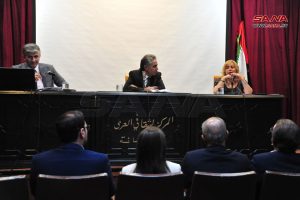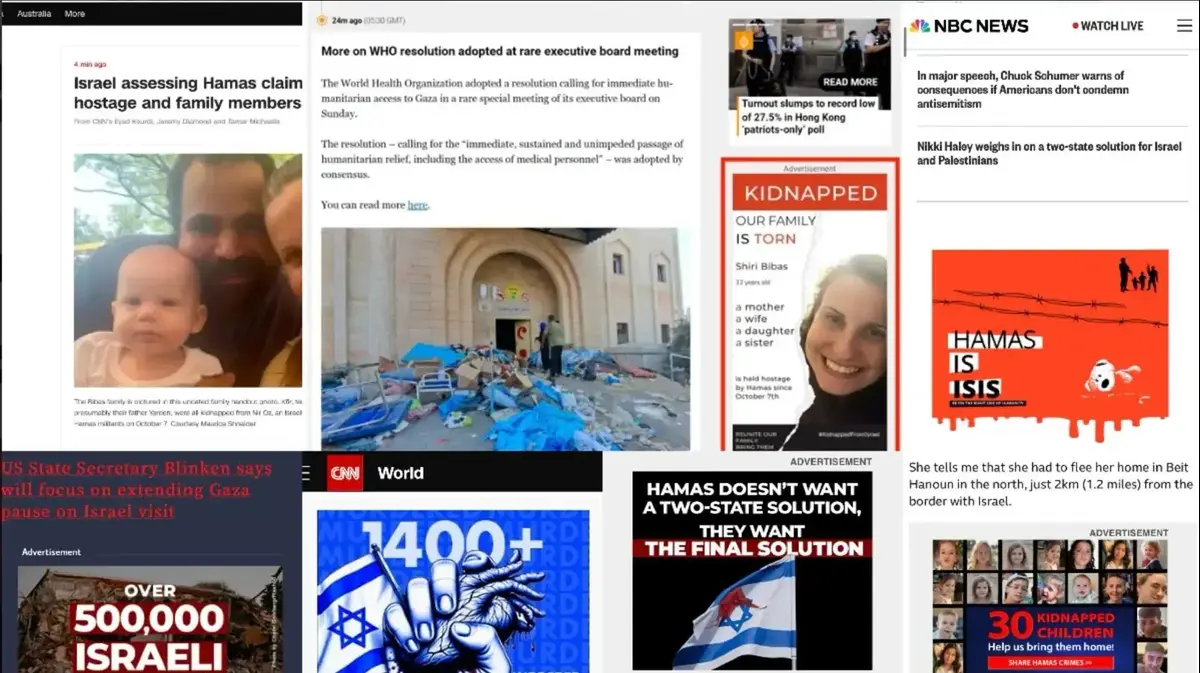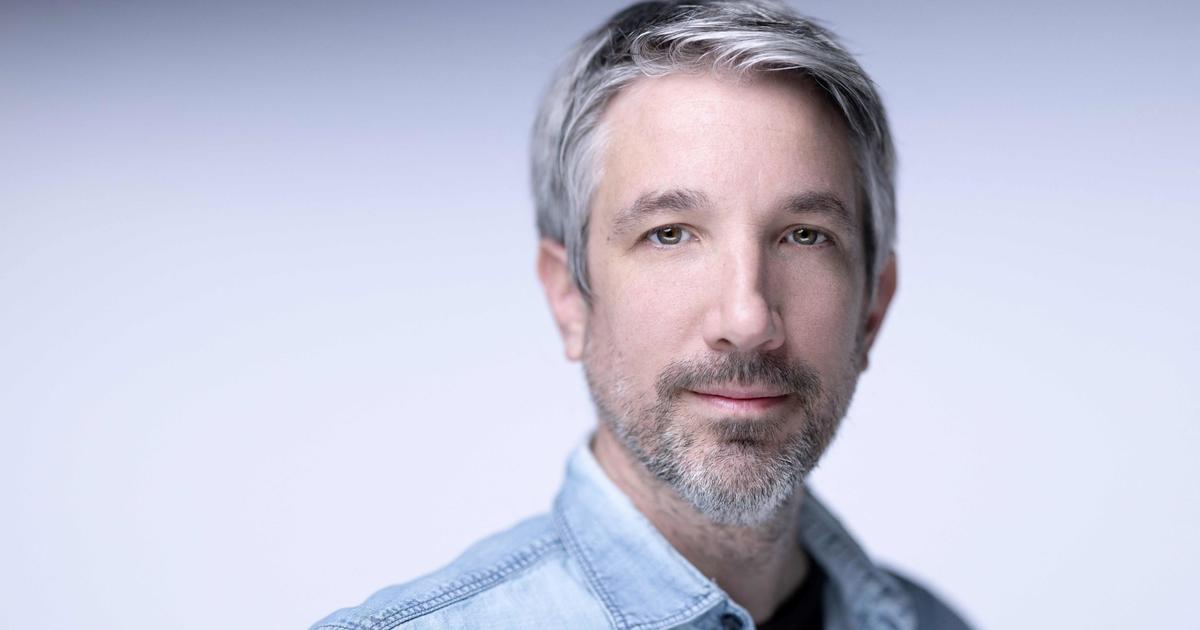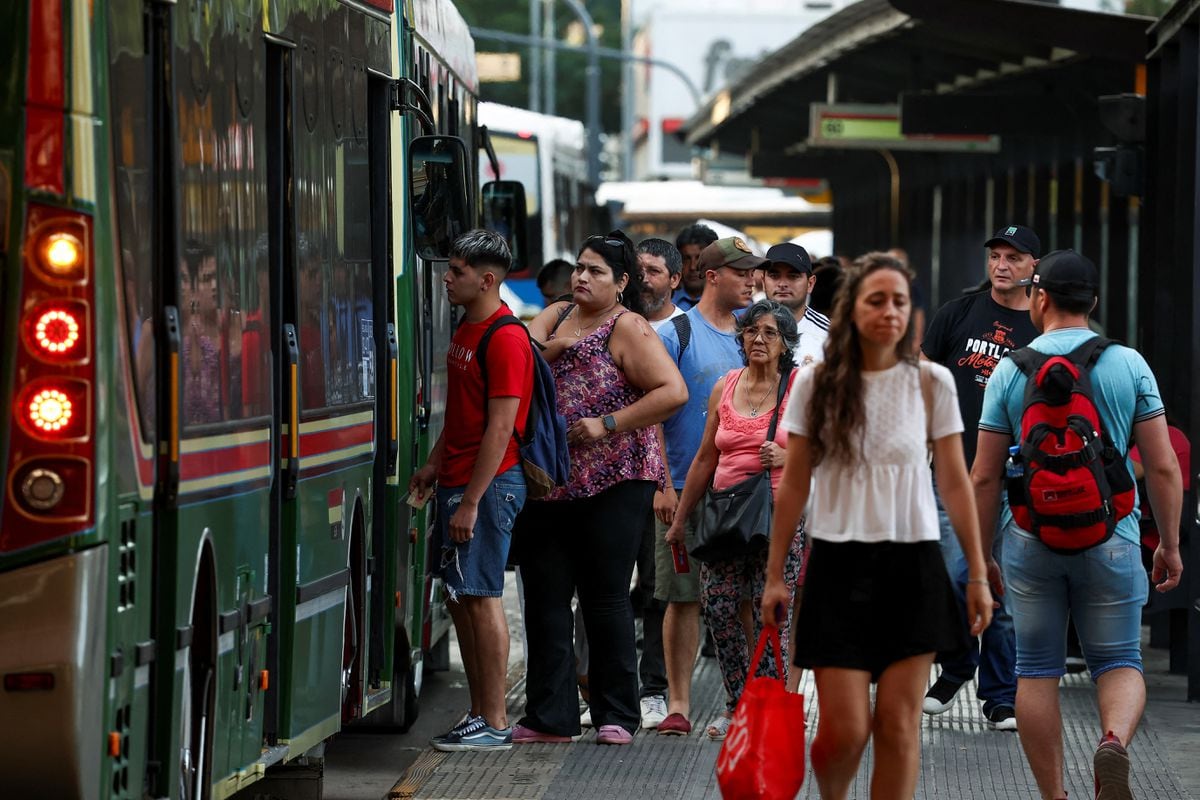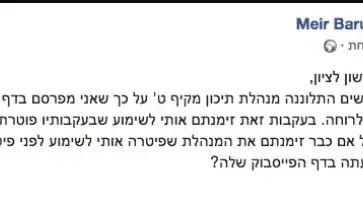Damascus-SANA
Under the title (Social Networks and Public Opinion Formation), the Union of Journalists in Syria organized the second media dialogue symposium in a series of symposia that talk about various media issues, at the Arab Cultural Center in Abu Rummaneh.
The seminar, which was moderated by the Secretary General of the Union of Journalists, Younes Khalaf, was attended by the member of the Executive Office of the Media Journalists Union, Muhammad al-Khidr, and Dr. Nahla Issa, a lecturer at the Faculty of Media at Damascus University.
The symposium included a discussion and an open dialogue on the role of social networks in making public opinion, where Khalaf referred to the different concepts of public opinion and raised several questions about the acceptance of social networks for public opinion, how they became a new kitchen for its industry and the factors affecting it.
Dr. Issa talked about the concept of communication through social networking sites and the role of these sites in creating and making public opinion, passing through the seriousness of their role, describing them as the art of ruling the twenty-first century, pointing out that we are in the era of toki, which is the hidden pole in the worlds of communication and the underworld and the black box of the world of communication as a means of advertising and sharing Political and religious opinions, apart from their use in positioning, self-affirmation, and sowing a pattern, i.e. changing customs, traditions and values.
She explained that the higher the economic level in countries, the less they use these means because they are achieved at the personal and national levels. The network is no longer a means of obtaining information, but rather a means of self-assertion, obtaining emotional and political support, and a means of holding meetings and organizing protests, which was translated through the so-called “Arab Spring”. Open media and not subject to pressure and control, disasters occur in peoples who are liable to drift behind anything by virtue of their culture based on the culture of controversy.
In turn, Al-Khidr talked about the dangerous impact and thorny roles of those means that are used to spread extremism and destructive rumours, and provided practical examples and examples of how social media was used in social and political issues, and focused in his speech on the most prevalent applications in our societies.
Al-Khidr stressed that no news can be adopted if it is not confirmed by official sources, as social networks are the most important sources of news in the absence of professional media, explaining that the absence from covering any event does not mean that it will not be transmitted, as the weak and incomplete information leads the user to rely on what these provide The means that are a feature of the times in light of the tremendous technical progress, there is a media machine running through the mobile device that can manufacture the citizen journalist who is able to convey the news at the moment it occurs.
The seminar was attended by a number of local newspaper editors and a group of interested journalists and media professionals.
Rasha Ibrahim
Follow Sana's news on Telegram https://t.me/SyrianArabNewsAgency

